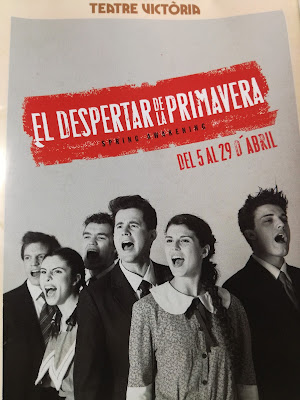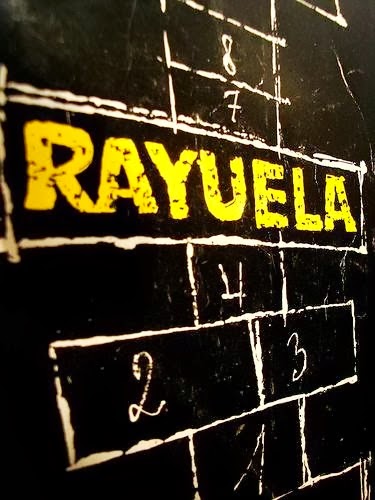"Jabberwocky" y "Rayuela"
¿Qué relación puede tener el "Jabberwocky" de Lewis Carroll con una de las obras más destacadas de la literatura hispanoamericana como Rayuela? El significado de sus palabras.
Tanto en el famoso poema de Carroll como en el fragmento de "Rayuela" que comenté en esta entrada encontramos palabras que evocan significados debido a la sonoridad producida en las diferentes combinaciones de consonantes y vocales inventadas por los autores. Antes de nada, me gustaría aclarar que el "Jabberwocky" es un poema que Carroll incluyó en la continuación de Alice in Wonderland, titulada Through the Looking-Glass, and What Alice Found There. En una clase de lingüística me presentaron este poema y me preguntaron por su significado:
'Twas brillig, and the slithy toves
Did gyre and gimble in the wabe;
All mimsy were the borogoves,
And the mome raths outgrabe.
'Beware the Jabberwock, my son!
The jaws that bite, the claws that catch!
Beware the Jubjub bird, and shun
The frumious Bandersnatch!'
He took his vorpal sword in hand:
Long time the manxome foe he sought--
So rested he by the Tumtum tree,
And stood awhile in thought.
And as in uffish thought he stood,
The Jabberwock, with eyes of flame,
Came whiffling through the tulgey wood,
And burbled as it came!
One, two! One, two! And through and through
The vorpal blade went snicker-snack!
He left it dead, and with its head
He went galumphing back.
'And hast thou slain the Jabberwock?
Come to my arms, my beamish boy!
O frabjous day! Callooh! Callay!'
He chortled in his joy.
'Twas brillig, and the slithy toves
Did gyre and gimble in the wabe;
All mimsy were the borogoves,
And the mome raths outgrabe.



Comentarios
Publicar un comentario
¡Comparte tu impresión!